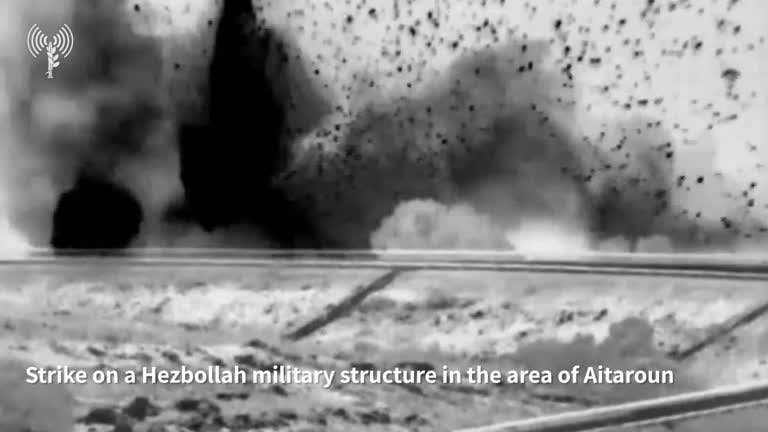Hezbollah, a Lebanon-based terrorist movement, launched a series of rocket attacks on Israel’s northern border, including Tiberias, in response to the elimination of a senior Hezbollah commander responsible for military operations by the Israel Defense Forces (IDF). The IDF targeted a Hezbollah command and control center and its commander, Sami Taleb Abdullah, in Southeast Lebanon. Up to 80,000 Israelis have fled the northern border areas as Hezbollah has intensified its attacks. There are concerns that a full-scale war between Israel and Hezbollah is imminent, with Israel aiming to restore security in the north by September.
Following the intensified Hezbollah attacks, Israeli Prime Minister Benjamin Netanyahu stated that Israel is prepared for intense action in the north in response to continued strikes by Hezbollah into northern Israel. The situation has escalated after Hezbollah initiated aerial attacks on Israel shortly after Hamas invaded Israel on October 7. There is fear among experts that an Israel-Hezbollah war is inevitable, with a major escalation currently underway. The Israeli government aims to restore security in the northern border areas and has warned of a possible full-scale war in the near future.
Hezbollah’s attacks have targeted areas with significant Christian historical and religious significance, such as the hills around Galilee where Jesus performed miracles and delivered the Sermon on the Mount. The attacks have drawn attention to the plight of Christians living in these areas and the impact of the ongoing conflict on them. The United Nations Security Council has failed to enforce resolution 1701, which aimed to disarm Hezbollah following the 2006 war against Israel. There are concerns that without international pressure, Israel may need to undertake a ground incursion into south Lebanon to address the threat posed by Hezbollah.
The IDF reported that more than 19,000 unguided rockets have been launched at Israel since October 7, with the majority coming from the Gaza Strip but a significant number also originating from Hezbollah. Both the U.S. and other Western and non-Western countries have designated Hezbollah as a terrorist organization. The ongoing conflict between Israel and Hezbollah has raised fears of a full-scale war, with possible implications for regional stability and security. Efforts to de-escalate the situation and restore security in the northern border areas are underway, but the volatile situation remains a cause for concern among experts and observers.
Hezbollah’s attacks have led to significant displacement of Israelis from the northern border areas, with many seeking refuge in other parts of the country. The increased tensions between Israel and Hezbollah have raised concerns about the potential for further violence and conflict in the region. The Israeli government is preparing for intense action in response to Hezbollah’s attacks and aims to restore security in the north. The situation remains fluid, with fears of a major escalation and the possibility of a full-scale war between Israel and Hezbollah. The international community is monitoring the situation closely and monitoring developments with a focus on de-escalation and conflict resolution.


